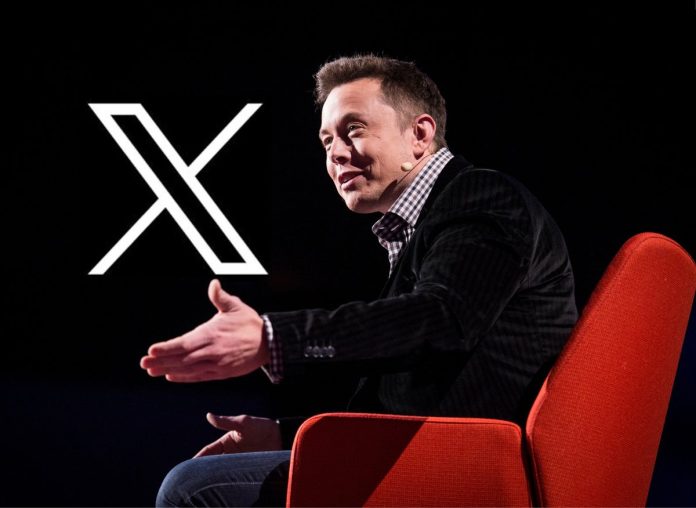Introduction
In a dramatic turn of events, Venezuelan President Nicolás Maduro has publicly accused Elon Musk, the renowned founder of SpaceX and owner of the social media platform X, of harboring intentions to invade Venezuela. This accusation was made during a speech following Maduro’s re-election as president, as declared by Venezuela’s National Electoral Council (CNE). The allegations come in response to Musk’s critical comments about the recent election results and a controversial video shared on social media. This article provides a comprehensive analysis of Maduro’s accusations, the context surrounding these claims, and the broader implications for international relations.
Nicolás Maduro’s Accusations
The Allegations Against Elon Musk
During a ceremony marking his re-election, Nicolás Maduro labeled Elon Musk as his “new arch-enemy,” alleging that Musk wishes to use his rockets and an army to invade Venezuela. Maduro’s comments came in response to Musk’s criticism of the election results and a video Musk shared on social media.
Maduro criticized Musk’s engagement with social media, suggesting that Musk controls a “virtual reality” that manipulates perceptions. He expressed outrage over a video Musk posted, which featured individuals purportedly from Venezuela removing air conditioners. Musk had captioned the video with the remark “This is messed up,” and implied that it was evidence of election fraud.
Maduro took particular offense at Musk’s suggestion that the video represented proof of electoral misconduct in Venezuela. He condemned Musk for what he perceived as a desperate and unfounded attack, asserting that the video was misinterpreted and did not accurately represent the situation in Venezuela.
Maduro’s Response and Challenge
In his address, Maduro declared that he was prepared to confront Musk if necessary, asserting that he would not be intimidated by the billionaire entrepreneur. He emphasized that Venezuela deserves respect and that any challenges to its sovereignty would be met with resistance. Maduro’s rhetoric underscored his readiness to defend Venezuela against perceived threats and his determination to maintain national dignity.
El burro sabe mas que Maduro https://t.co/9fe6JWOatM
ADVERTISING— Elon Musk (@elonmusk) July 29, 2024
Musk’s Criticism of the Election
Earlier, Elon Musk had described Maduro’s victory in the recent presidential election as a “great electoral fraud.” This remark came in the wake of widespread criticism from the Venezuelan opposition, particularly the Platform Unitaria Democrática (PUD), which questioned the legitimacy of the election results announced by the CNE. The PUD, led by prominent opposition figure María Corina Machado, had argued that the election was marred by irregularities and did not accurately reflect the will of the people.
Musk’s comment was seen as a significant intervention by a high-profile figure, adding to the international scrutiny of Venezuela’s electoral process. His critique amplified the concerns raised by the opposition and other observers regarding the transparency and fairness of the election.
The Context of the Election and International Reactions
The CNE’s Declaration
The CNE had officially declared Nicolás Maduro the winner of the presidential election, stating that he received 51.2% of the vote. This result was based on the count of 80% of the ballots, with the remaining 20% of votes yet to be fully accounted for. The CNE’s announcement has been met with skepticism, both domestically and internationally, due to the unresolved status of a significant portion of the votes and the perceived lack of transparency in the process.
The Opposition’s Stance
The opposition, particularly the PUD, has rejected the CNE’s results, alleging that the election was fraudulent and that their candidate, Edmundo González Urrutia, had won by a substantial margin. The opposition’s stance has been bolstered by Musk’s public criticism, which has resonated with their claims of electoral impropriety.
Global Reactions
The controversy surrounding the Venezuelan election has drawn international attention, with various governments and organizations expressing concern about the integrity of the electoral process. Musk’s remarks have contributed to the global discourse on Venezuela’s political situation, highlighting the international dimension of the crisis and the role of influential figures in shaping public perception.
Implications and Future Outlook
Diplomatic Tensions
The exchange between Nicolás Maduro and Elon Musk reflects broader tensions between Venezuela and the international community. Maduro’s accusations against Musk have added a new layer to the ongoing diplomatic challenges faced by Venezuela. The incident underscores the impact of high-profile international figures on global politics and the potential for such interactions to influence diplomatic relations.
The Role of Social Media
Musk’s use of social media to voice his criticisms has highlighted the growing role of digital platforms in international affairs. The ability of social media to amplify voices and shape public opinion has become a significant factor in political discourse, as demonstrated by the controversy surrounding Maduro’s election and Musk’s involvement.
The Path Forward
As Venezuela navigates the aftermath of the election and the fallout from Musk’s comments, the focus will likely remain on addressing the concerns raised by both domestic and international actors. The resolution of the electoral dispute and the response to the accusations against Musk will be critical in shaping Venezuela’s political future and its interactions with the global community.
Conclusion
Nicolás Maduro’s accusations against Elon Musk reflect a complex interplay of domestic and international dynamics surrounding Venezuela’s recent presidential election. Maduro’s response to Musk’s criticism highlights the contentious nature of the election results and the broader geopolitical implications of the controversy. As Venezuela continues to grapple with these issues, the role of influential figures like Musk and the impact of social media will be crucial in shaping the discourse and influencing future developments.


